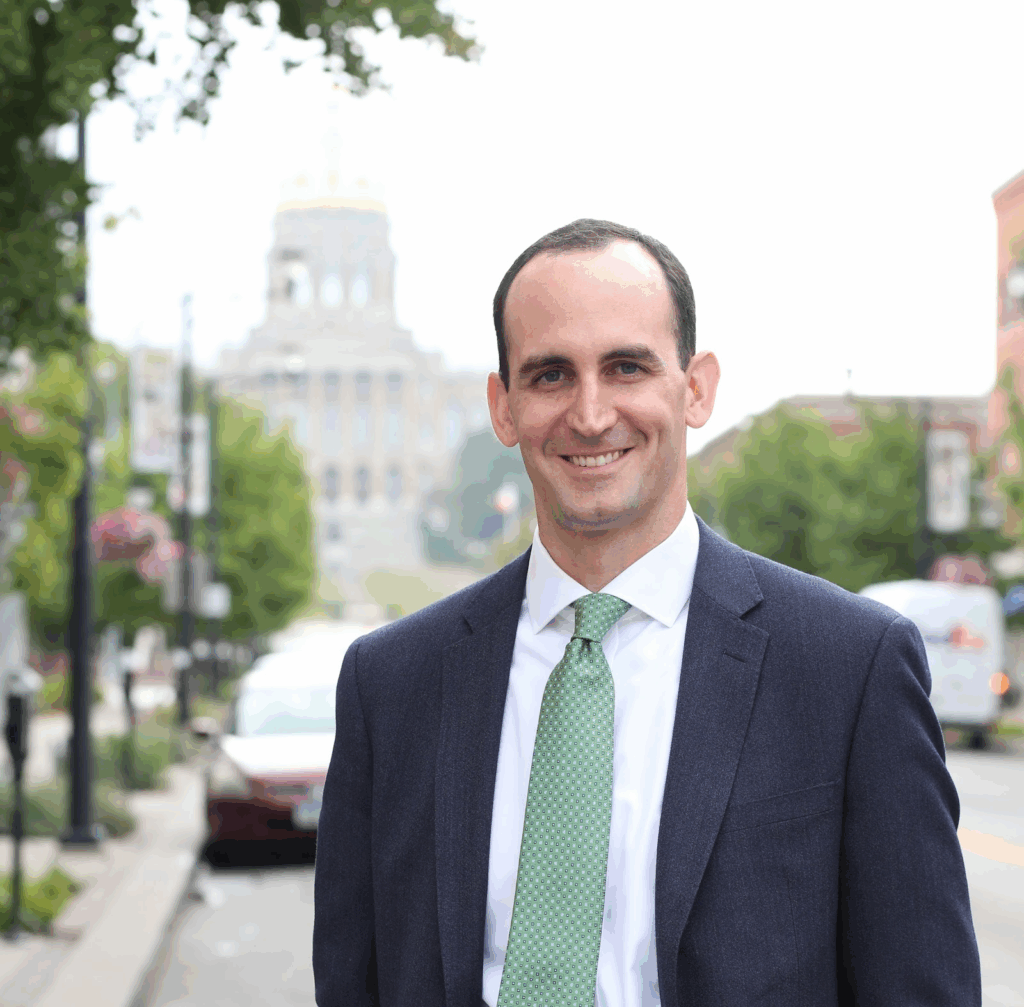A Year in Review: Economic Development


Capital Crossroads is a comprehensive regional project spearheaded by the Greater Des Moines Partnership that focuses on economic development and improving the quality of life.
Put together by consultant Market Street Services Inc., the plan incorporates ideas from a steering committee of area leaders and public input from nearly 5,000 people through surveys, 30 focus groups and 50 one-on-one interviews. The final plan lays out 10 “capitals,” or areas of focus, that will each add its own committees and plans into the mix.
Officials are hoping to involve 23 communities in four counties in the final implementation, including Ames – with Iowa State University being a key partner – Marshalltown, Newton and Pella, along with the five counties in the Des Moines-West Des Moines Metropolitan Statistical Area.
The plan is now in the beginning phases of implementation for each of the capitals, which includes figuring out a timeline for beginning the 25 to 30 initiatives that go along with the capitals.

Last summer, Forbes magazine named Des Moines the No. 1 place for young professionals. It touted the city’s high number of job opportunities, which stems from Central Iowa’s high concentration of big businesses.
Additionally, the magazine pointed out that Des Moines business costs are 16 percent below the national average, which has attracted start-ups and companies looking to relocate. The relocation and high concentration of big businesses have resulted in a low 5.7 percent unemployment rate, which was the sixth-lowest of the 100 cities Forbes studied.
The median salary for employed college graduates between the ages of 24 and 34 in the city is $47,200 – ranking 42nd out of the 100 cities screened for the list. However, the magazine pointed out that the salary goes further in Des Moines, where living costs are 8 percent lower than the national average, making it the 22nd least-expensive city.

In June, Martha Willits, president and CEO of the Greater Des Moines Partnership, announced she would retire at the end of 2011 after spending seven years with the organization.
A search committee, headed by Partnership board chairman Larry Zimpleman of Principal Financial Group Inc., hired executive search consulting firm Waverly Partners LLC, which vetted candidates from Iowa and across the country.
The search was winding down in early December and was in the process of conducting final interviews.
Partnership spokeswoman Susan Ramsey said the committee had hoped to reach a decision by November; however, it is still on target to make an announcement by the end of the year, and no interim director will be needed.

Department of Economic Development gets new director, new look
The year, the Iowa Department of Economic Development started to undergo a transformation with the appointment of a new director and legislation that would turn it into a public-private partnership.
Debi Durham, appointed by Gov. Terry Branstad, started her new position in early January, and on Jan. 31, Branstad unveiled legislation to replace the Iowa Department of Economic Development with the Iowa Partnership for Economic Progress (IPEP), a public-private partnership.
The mission of IPEP will be “to grow and diversify Iowa’s economy by encouraging the creation of high-quality jobs for its citizens through business recruitment, retention, expansion and creation,” Branstad said in a news release.
Tax dollars will be leveraged against private investment, under Branstad’s plan. The governor said the new model will maintain openness and transparency.
IPEP will be governed by an independent board of directors chaired by Lt. Gov. Kim Reynolds. It will be led by Durham.
Judge rules Branstad closure of 36 unemployment offices unconstitutional
A Polk County judge ruled that Gov. Terry Branstad’s actions that closed 36 Iowa Workforce Development offices across the state were unconstitutional.
Last summer, Branstad vetoed portions of a Senate bill that would have protected the offices, saying the department needed to find more cost-efficient methods.

In August, the American Federation of State, County and Municipal Employees, and five House and Senate Democrats, filed a lawsuit saying the veto was unconstitutional, and on Dec. 15 a judge ruled in their favor.
Polk County District Judge Brad McCall said in order for Branstad’s veto to be valid, he must also veto the allocation.
Branstad spokesman Tim Albrecht said in a statement that the governor disagreed with the ruling. The offices will remain closed during any potential appeal process, Albrecht said.









